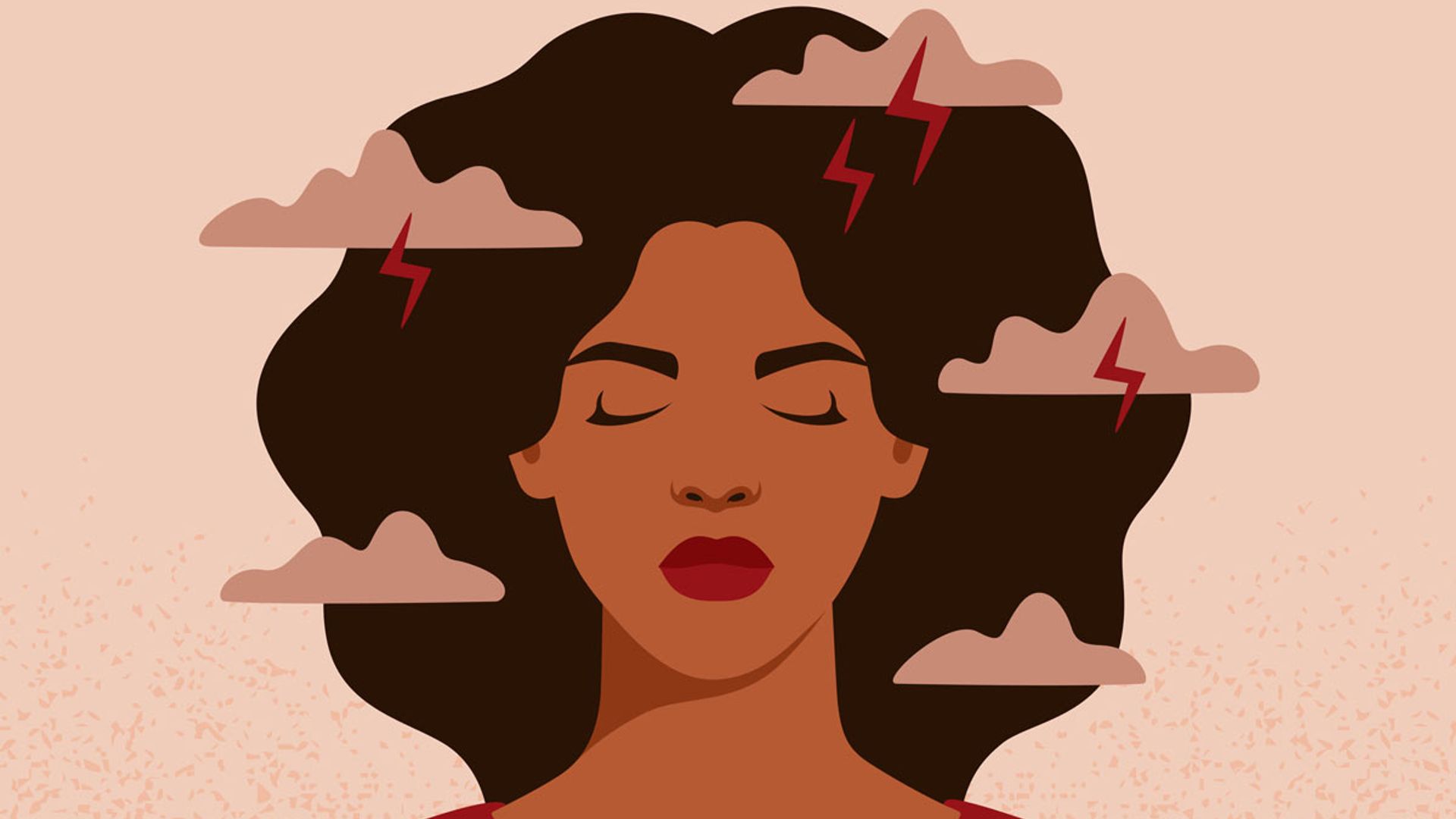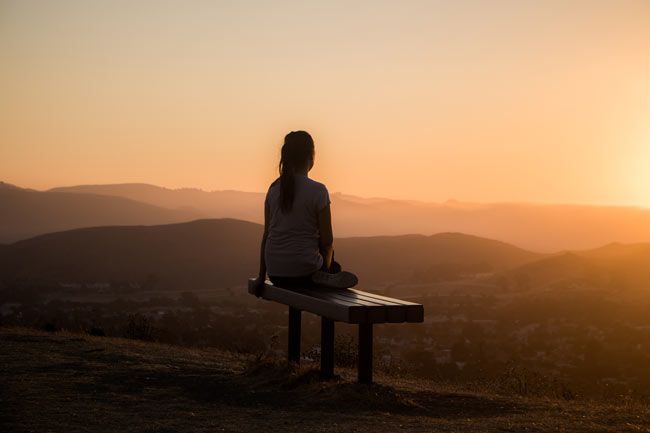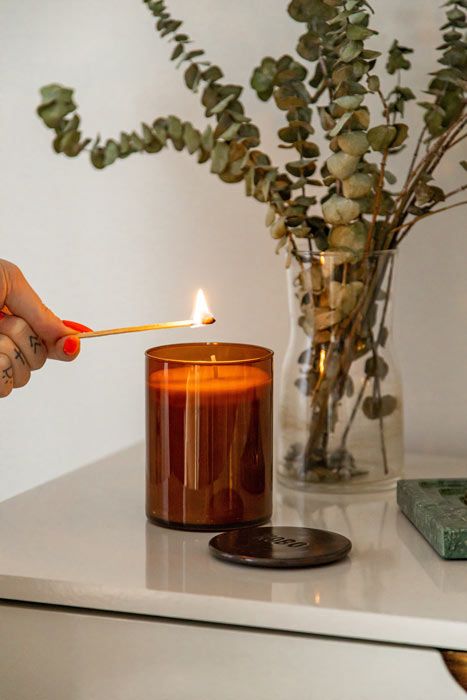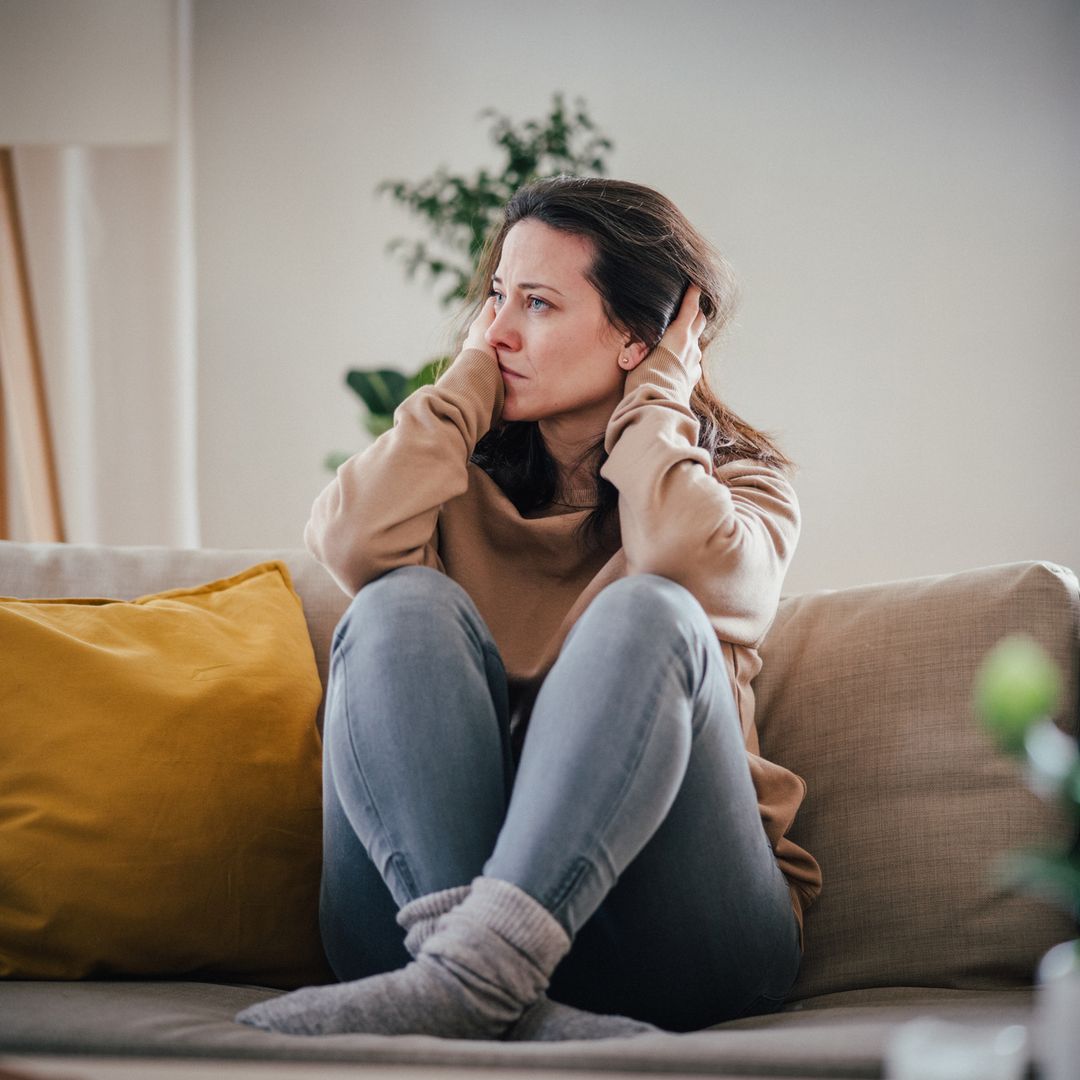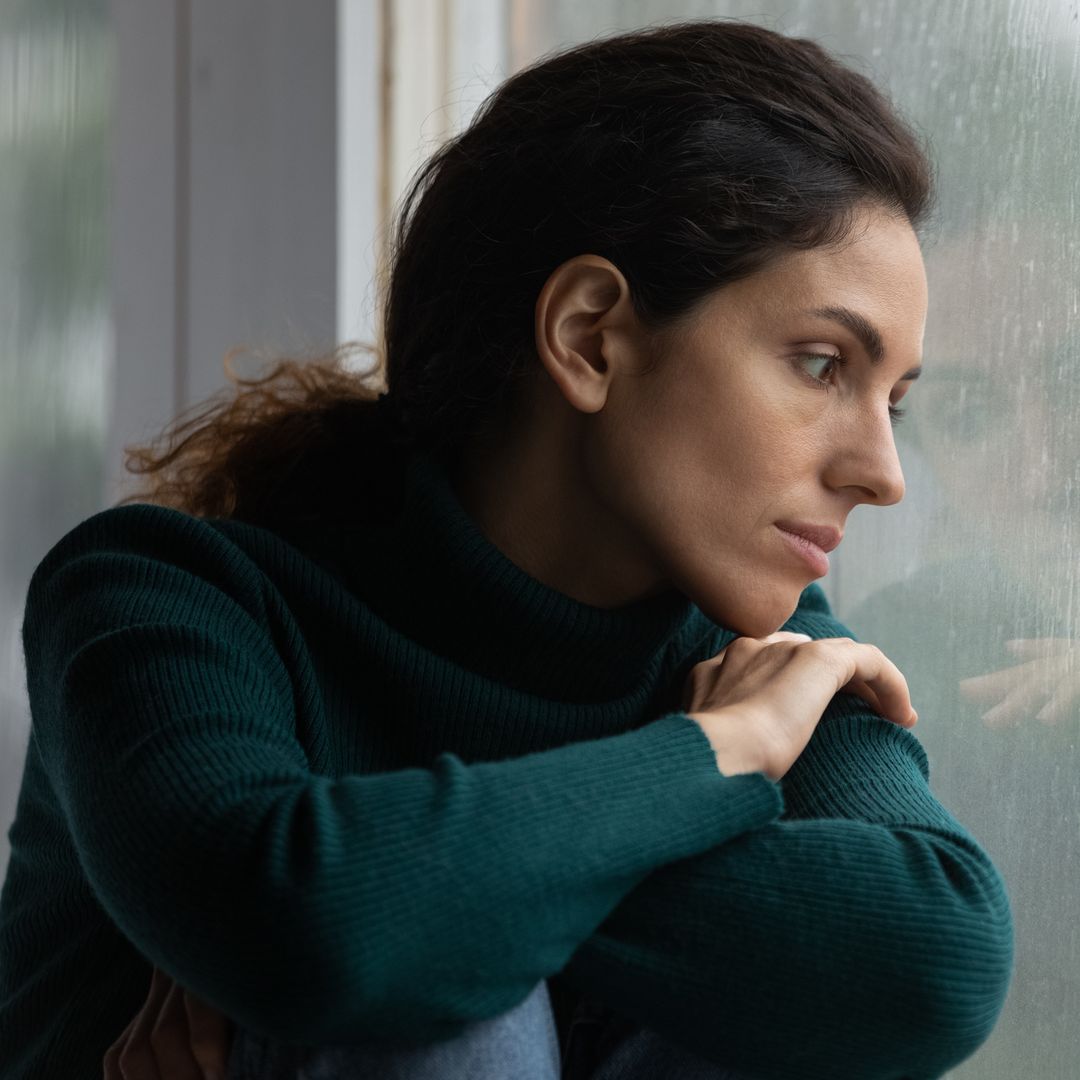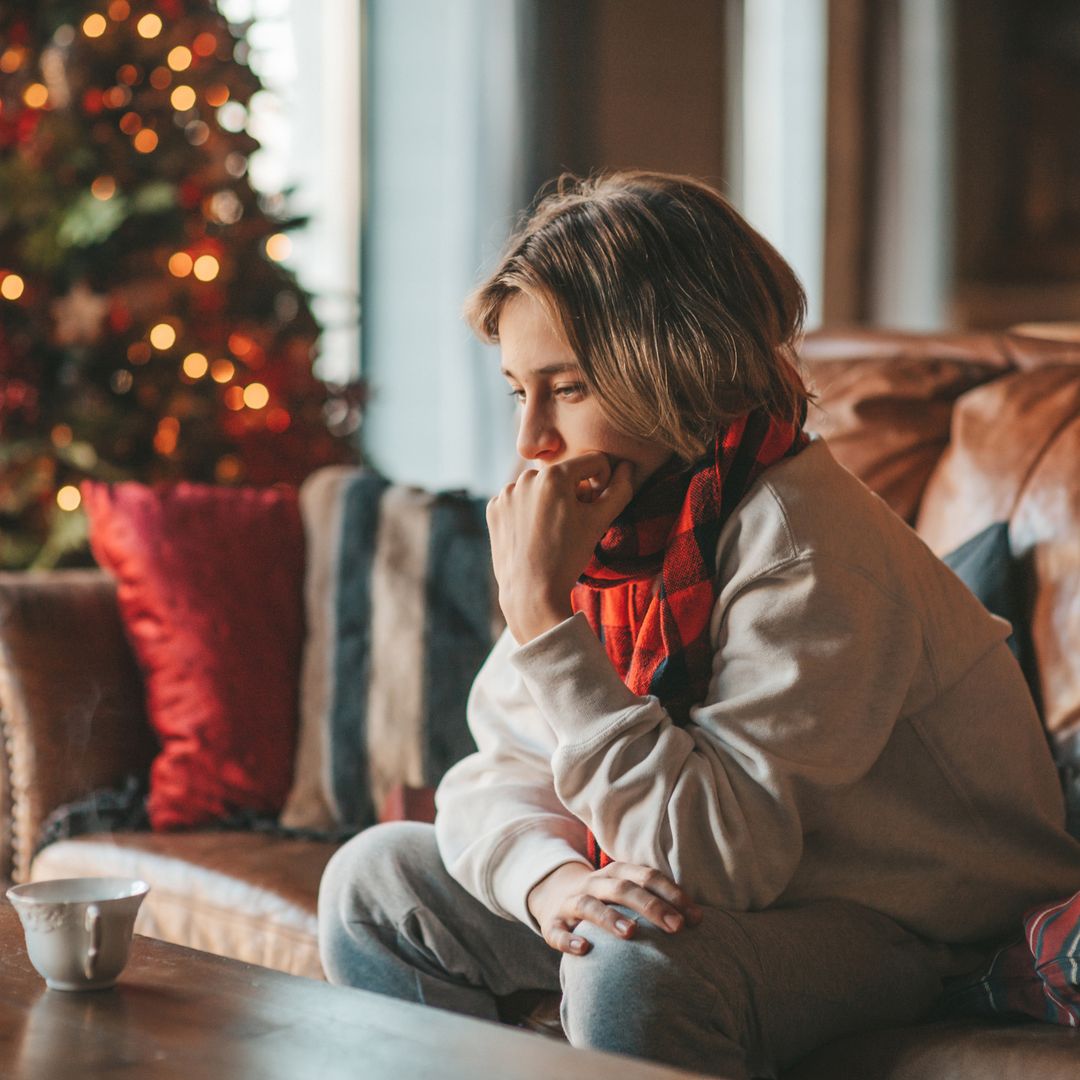If you're concerned about the current state of the planet, you're not alone. Research suggests that 78 per cent of the population are living with so-called 'eco-anxiety', with 41 per cent being extremely fearful of climate change.
In light of Earth Day, HELLO! sat down with Lucy Johnson, psychotherapist and founder of Green Salon, the UK's first sustainable lifestyle consultancy, to address the signs, symptoms and solutions to anxiety surrounding the worrying state of the environment.
You may be wondering if your concerns about the climate are justified. Do we actually have anything to worry about? Lucy certainly seems to think so, describing the current rate of global warming as "touch and go" before the unstable effects become irreversible.
"Anxiety is considered a normal human response to a potential danger," explains Lucy. "However, too much anxiety can be overwhelming."
If I'm feeling an impending sense of doom about the climate, how can I ease these symptoms?
"Anyone who reads the news about climate change is likely to have experienced some sensations of impending doom. The amygdala, a small almond-shaped part of the brain, is hardwired to react to danger in this way," Lucy says.
As a psychotherapist and green wellbeing coach, Lucy helps clients to learn how to handle this fear and anxiety. Here are her tips for coping with these symptoms:
Create a safe space
Let your mind take you to a peaceful, familiar place
Lucy recommends creating a safe place in your imagination to 'go' when you start to feel overwhelmed. "This could be an imagined outdoor space, such as a shady glade in an ancient forest or a warm sandy beach with gently lapping waves," Lucy suggests.
"Make time to visit this imagined space for a while a couple of times a week so that going there when your start to feel anxious becomes second nature."
Don't bottle your thoughts
"If you are having intrusive anxious thoughts and difficult feelings about climate change, then trying to avoid them will be like pushing a balloon underwater. They will pop up again," Lucy explains.
Instead, allow yourself to experience some of these feelings when you're in your imagined 'safe-space'.
"To manage the intensity of these feelings, imagine yourself stepping back a little and watching the waves of emotion as they come," says Lucy.
Imagine your negative thoughts as waves of emotion
"See if you can see these emotions as messengers letting you know what’s going on in your body and mind and that, if you allow them to deliver the message, they will pass on by. Your mind can then free up energy used avoiding those difficult feelings and turn to what it can do to help with the situation."
Develop emotional resilience
It's important to learn how to look after yourself. Just like we taught ourselves to deal with situations like the COVID pandemic, Lucys suggests we need to develop our "emotional resilience" to climate change.
"Rather like going to the gym keeps our physical health in good shape, our mental health also benefits from us making the time to take care of it," Lucy adds.
"In my Green Wellbeing Coaching programme, I use tried and tested ways of managing emotional overwhelm that then free us up to move from despair to action."
Practice self-care
Taking care of you, is taking care of the planet
Lucy says that: "When we take good care of ourselves, from eating planet and gut-friendly food and using more organic products that are free of synthetic chemicals to easing single-use plastic out of homes and walking or cycling more, we end up taking better care of the planet."
How can I help my child with eco-anxiety?
Talk about the climate crisis with them! That may seem entirely counter-intuitive - why would I talk to my child about something that seems to be distressing them? What we know, and what every child will tell you, is that fears grow in the dark.
"If children are left alone with their fears about the future of the planet, they may grow out of all proportion to the threat. So it’s important to make sure that your child is not catastrophising about the imminent end of the planet," Lucy recommends.
SEE: 16 best children’s books about anxiety for kids who worry
"Like you, your child is likely to feel better if they’re feeling like they’re doing something. So finding ways of bringing sustainability into your home and life are great ways of getting kids energised and involved."
How about setting a challenge like how many days can you bike to school each week?
"And, most importantly, if you or your child is finding eco-anxiety is becoming all-consuming and you are struggling to get on top of it, there are many trained psychological professionals out there who can help."
*Research conducted at University of York, 2021
READ NEXT: Sustainable gym wear: 7 best eco-friendly brands to add to your eco wardrobe
